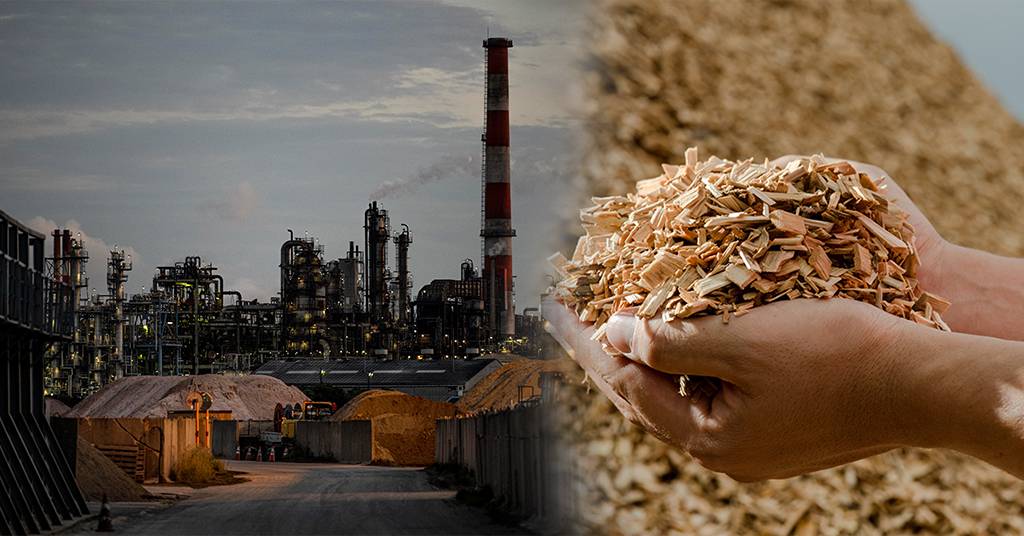Welcome To ChemAnalyst

Russia has officially lifted duties linked to the rouble-dollar exchange rate on a majority of its coal exports. This move signifies a notable policy shift, and the export duties, initially introduced in October, were anticipated to remain in effect until the conclusion of 2024. However, the decree indicates that these duties have now been waived specifically for the export of thermal and coking coals, as well as anthracite.
This strategic decision, aimed at altering the fiscal landscape for coal exports, is expected to have substantial financial implications for Russian coal producers. The imposition of these duties initially served as a means to augment revenue, especially during a period marked by heightened military expenditures and increased coal exports driven by the depreciation of the rouble. The duty itself ranged from 4% to 7%, contingent upon the prevailing rouble rate. It's noteworthy that if the rouble-dollar exchange rate reached 80, the duty would be automatically nullified. At present, the rouble is trading at approximately 91 per U.S. dollar.
The context of last year's economic landscape is crucial in understanding the rationale behind the introduction of these duties. Against the backdrop of increased military spending and a weakened rouble, Russia sought to capitalize on the boom in coal exports. The duty structure was strategically designed to align with the fluctuating rouble-dollar exchange rate, ensuring a dynamic and responsive approach to the economic landscape.
Notably, the Russian coal sector witnessed a surge in exports, totalling 220 million metric tons in the previous year. A significant portion of this export, approximately half, found its way to China. The decision to lift these duties, especially on thermal and coking coals, key components in the energy and metallurgical sectors, is poised to have far-reaching implications for both Russian coal producers and their global counterparts.
The scrapping of export duties is anticipated to not only boost the competitiveness of Russian coal in the global market but also stimulate increased trade partnerships, particularly with China, a major consumer of Russian coal. As the world grapples with energy transitions and evolving geopolitical dynamics, the recalibration of trade policies, such as the lifting of these duties, underscores Russia's adaptability and strategic decision-making in the global energy landscape.
Furthermore, the analysts' estimation of potential annual savings for Russian coal producers between $1.1 billion and $1.5 billion emphasizes the magnitude of this policy change. These financial gains can potentially be reinvested within the sector, fostering technological advancements, sustainability initiatives, and overall growth.
We use cookies to deliver the best possible experience on our website. To learn more, visit our Privacy Policy. By continuing to use this site or by closing this box, you consent to our use of cookies. More info.
